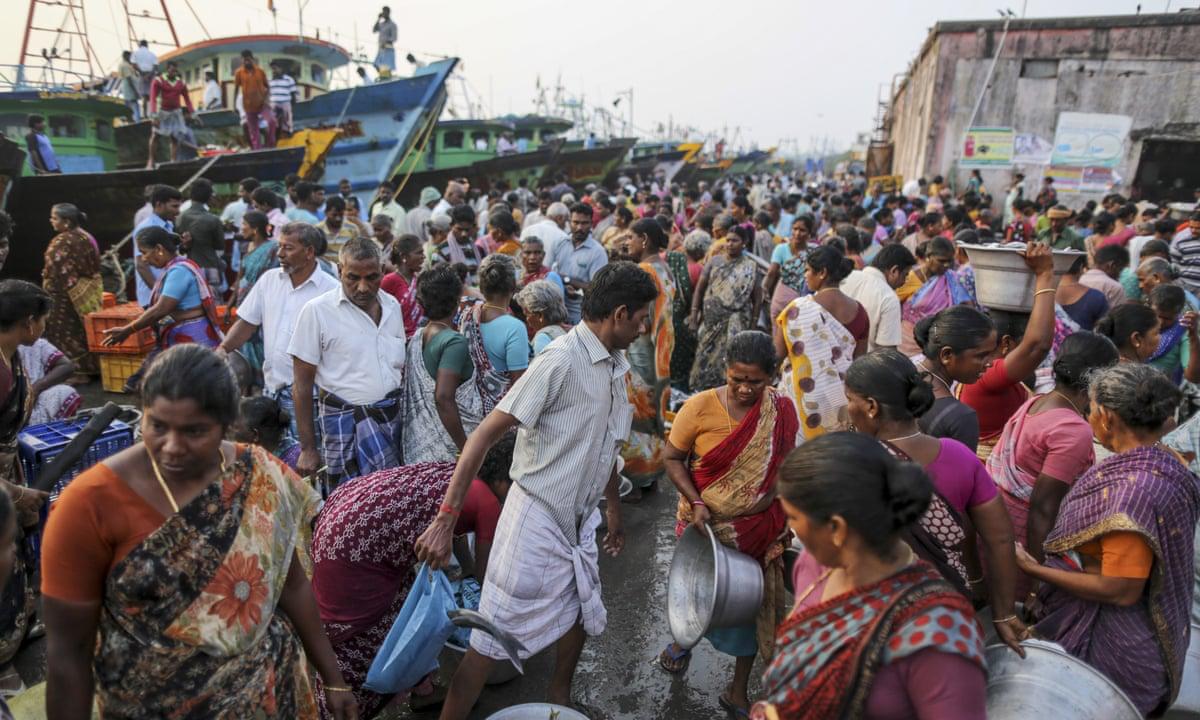 Image Source: The Guardian
Image Source: The Guardian
A landmark study finds that extreme monsoon fluctuations-both unusually strong and weak-have cut in half the Bay of Bengal's ocean food supply, imperiling a crucial fishery that supports millions. A study, published in Nature Geoscience, analyzed 22,000 years of climate history and found that agitated ocean mixing during monsoon extremes starves surface water of nutrients, weakening plankton growth and carrying the effects down the food chain.
Led by Rutgers University and the University of Arizona, the study rings a warning that climate change could enhance monsoon variability and elevate risks to the marine productivity in the bay. Covering less than 1% of the world ocean, the Bay of Bengal provides nearly 8% of the world fisheries catch to nourish heavily populated coastal populations reliant on seafood as a source of protein.
Both monsoon extremes threaten marine resources, says Dr. Kaustubh Thirumalai, lead author. Future projections show warmer water and increased stratification, akin to past collapses in productivity.
Sources: Nature Geoscience, Rutgers University, PTI
Advertisement
Advertisement






